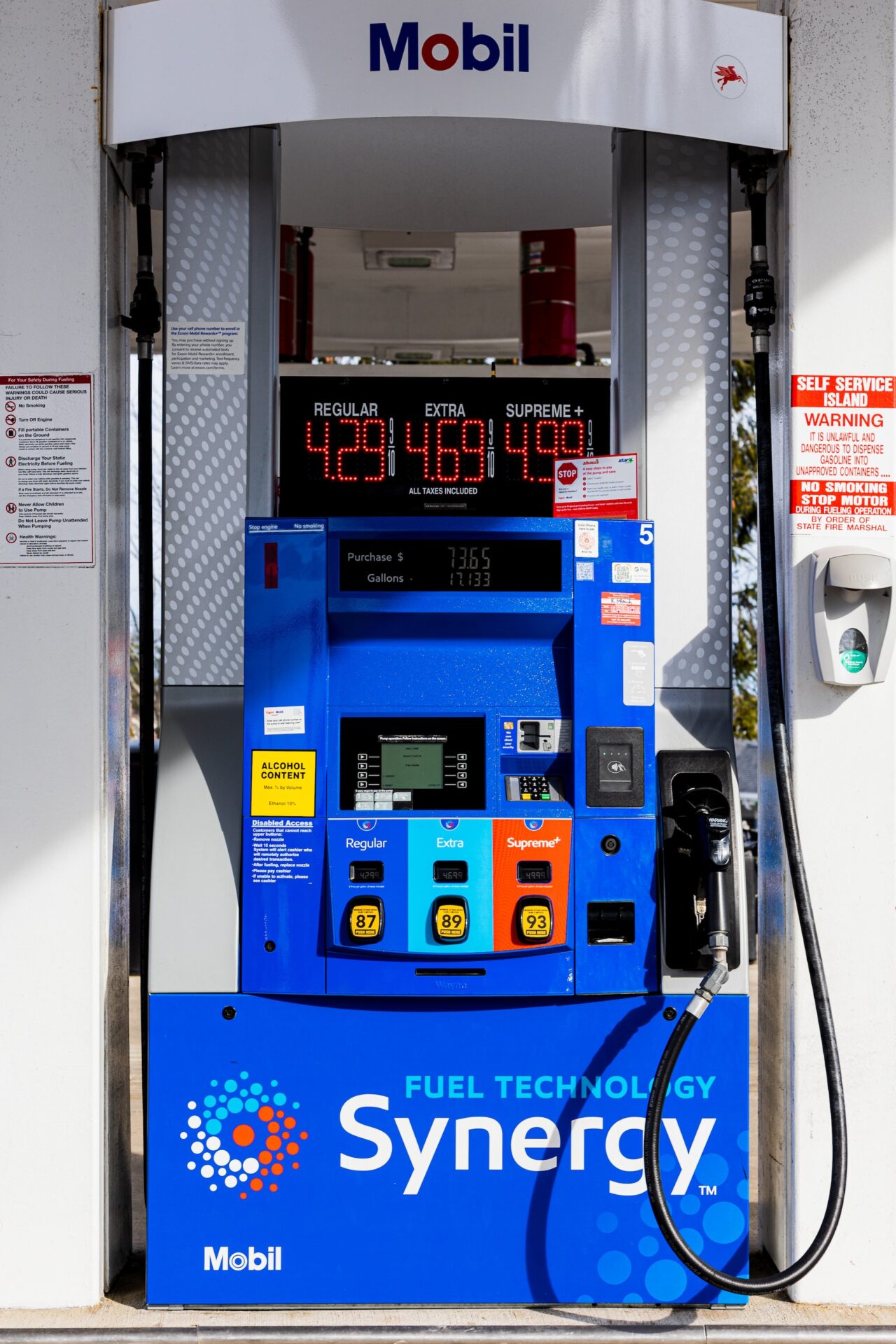
When you make purchases through our links we may earn a small commission.

Photo Credit: Yassine Khalfalli
Put It On Your Wall: CanvasOnDemand.com
The price of gasoline has always been a subject of concern for consumers, businesses, and governments around the world. While fluctuations in gas prices are often attributed to various factors, one recurring theme is the influence of Big Oil companies in determining the cost of fuel. This article delves into the dynamics of the gas price game and explores how Big Oil’s unchecked power plays a significant role in this economic puzzle.
~ Opus One ~
Napa Valley’s #1 Wine
The Big Players
The term “Big Oil” refers to a handful of major, multinational corporations that dominate the oil and gas industry. These companies, which include ExxonMobil, Shell, BP, Chevron, and Total, hold immense power in controlling the production, distribution, and pricing of petroleum products. Their influence extends beyond just the United States; they operate globally and have a substantial impact on the world’s energy markets.
~ Opus One ~
Napa Valley’s #1 Wine
Factors Affecting Gas Prices
Gasoline prices are influenced by a complex web of factors. While supply and demand dynamics, geopolitical tensions, and weather events can all play a role, Big Oil’s control over several key elements significantly contributes to the pricing structure:
Production and Refining: Big Oil companies have a tight grip on oil production and refining capacity. They determine how much oil gets extracted, processed, and ultimately distributed to the market. By strategically adjusting production levels, they can influence the overall supply, impacting prices.
Market Speculation: These corporations also participate in speculative trading in the oil futures market. By betting on future oil prices, they can further manipulate the market and maximize profits.
Distribution: Big Oil companies often own or have a significant stake in the distribution infrastructure, including pipelines, refineries, and gas stations. This allows them to control the flow of petroleum products, from the wellhead to the gas pump.
Mergers and Acquisitions: These companies have a history of mergers and acquisitions that has reduced competition and allowed them to exert even more control over prices.
Lobbying and Political Influence: Big Oil companies invest heavily in lobbying and political campaigns. This influence allows them to shape energy policies, including regulations that can affect gas prices.
The Result: Consumers Pay More
All of these factors contribute to higher gasoline prices for consumers. When Big Oil companies wield such unchecked power, consumers are left with little choice but to pay the price at the pump. This situation disproportionately affects low-income individuals and working-class families who rely on their vehicles for daily transportation.
~ Opus One ~
Napa Valley’s #1 Wine
The Environmental Impact
In addition to their economic power, Big Oil’s influence can hinder the transition to cleaner and more sustainable energy sources. These corporations have a vested interest in maintaining the demand for fossil fuels, which is not only detrimental to consumers’ wallets but also to the environment. As long as the power of Big Oil remains unchecked, the shift toward renewable energy may be hampered.
~ Opus One ~
Napa Valley’s #1 Wine
The gas price game is a reflection of the unchecked power that Big Oil companies hold in the global economy. Their dominance over production, distribution, and pricing of petroleum products has significant implications for consumers, the environment, and the world’s energy landscape. Addressing this issue necessitates comprehensive policy changes, increased transparency, and a shift toward renewable energy sources to reduce the impact of Big Oil on gas prices and the planet. Only then can consumers hope for a more stable and sustainable future at the pump.
You’ll get more articles like this – and our favorite promotional offers delivered straight to your inbox.
By submitting this form you agree to our terms and conditions. You can unsubscribe at any time.

Video: A Country at War with Itself | Putin’s Russia

Video: Valentine’s Day Lingerie Try On | Valentina Victoria

Video: Rae Fitness MARIEMUR Bold Luxury Looks Try-On Haul

See Russian media’s coverage of Tucker Carlson’s visit


GFYG: Transparent/See-Through | Try On Haul | Lingerie & Dresses


See Through Lingerie Try-On Haul | Xmas part 2














